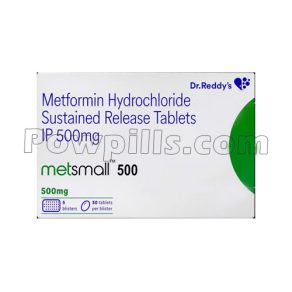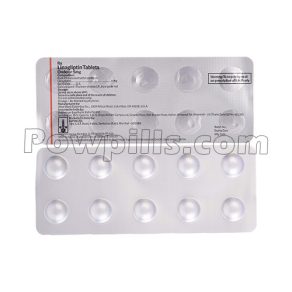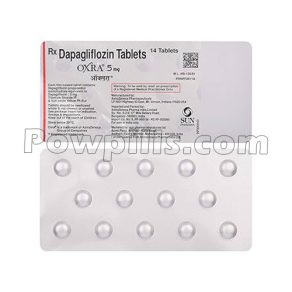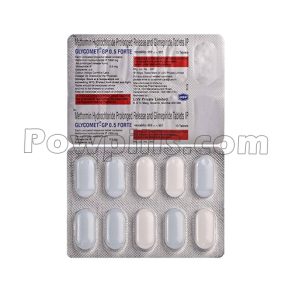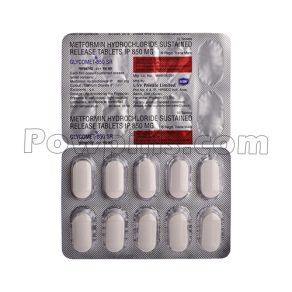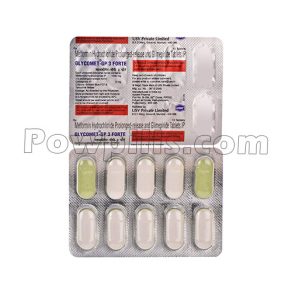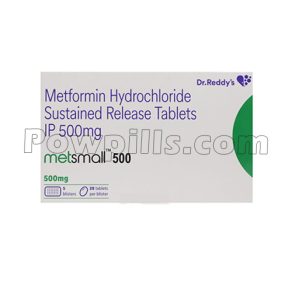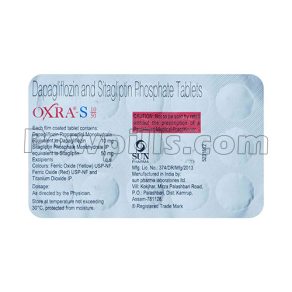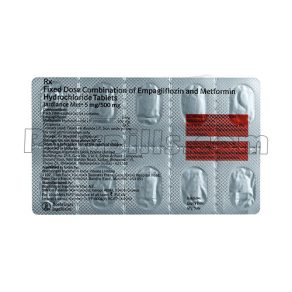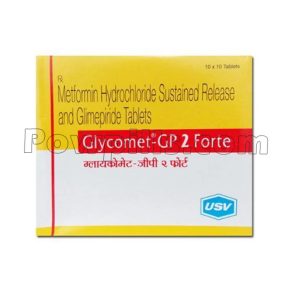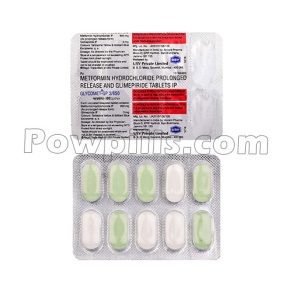Showing 1–12 of 23 results
Wounds from falls, animal bites, cuts, burns, and other accidents happen as a part of our lives. Millions of people suffer from such an issue every year. Some wounds are minor, like a small cut, a burn, or a scrape; however, they can be life-threatening as well.
Wounds and injuries can occur at any time, whether indoors or outdoors. Generally, they affect the bones and body tissues. However, a severe wound can also affect nerves, the spinal cord, the brain, and even any other internal organs. These internal wounds affecting nerves and organs are by far some of the severe wounds you can have.
Types Of Wounds
Therefore, in general, if you have, say, wounds can be of any two types. One of those is external, and one is internal.
-
External Wounds
These wounds typically affect the external part of your skin and the internal layers of skin and skin tissues. Most often, these are minor ones; however, some can be severe too.
External wounds can occur because of so many reasons, like-
- Cuts
- Burns
- Falls
- Bites from animals and insects
To cure external wounds, the most common way is to use a suitable tincture and application of first aid. However, the doctors can also give you medicines to cure the skin punctures and bruises, or also tell you to use a suitable ointment or cream.
Remember that if you do not cure external wounds with effective remedies, there is a high chance of infection growth from air or water.
-
Internal Wounds
As the name suggests, internal wounds affect deeper skin tissues and even internal organs sometimes. The most severe way you may be affected is with internal bleeding, which may even lead to death.
An internal wound can also occur because of fractures, bone cracks, and so on. To cure internal wounds, you need immediate medical attention. A severe car accident, severe burns, cuts, or even gunshot wounds can affect internal organs and cause an emergency needing immediate medical treatment.
Some internal wounds can be permanently damaging. Internal wounds affecting the major organs, such as the heart, lungs, kidneys, brain, and other organs, can be fatal most of the time.
Cuts And Scrapes- Applying Basic First Aid
Some minor cuts and scrapes are easy to cure, and often the first bit of treatment is needed at home using a first aid kit. Here is a brief guide to applying first aid for minor scrapes and cuts-
- Washing hands and the wound area
- Letting the flow of blood stop after clots start to appear
- Cleaning the wound using tincture or soap, or cleaning solutions.
- Avoid using any solution that has hydrogen peroxide and iodine in it.
- Applying an antibiotic to the wounded area
- The first application of treatment is done with the help of a suitable antibiotic cream or solution that you have to apply to this region.
- Remember that if applied in excess, it can cause minor rashes.
- You have to cover the wounded area of the skin using a suitable bandage, gauze, and paper tape.
- Covering the wound is important to prevent different allergens and microbial growth or to prevent the area from getting wet.
When To Seek Medical Attention For Wounds?
- Deep wounds that need stitching
- Wounds that are showing signs of infection, like redness, itching, swelling, pain, and pus
- Severe deep wounds that are bleeding severely, especially involving artery cuts
- Wounds caused by embedded objects like glass, gunshots, and so on.
- Tetanus-prone wounds that are deep, contaminated
Complications Of Wounds
Depending on the type of wound and the size of the affected area and its depth, some wounds typically have a chance of being very complicated and cause other issues.
Let us give you a simple idea about some complications that may arise from wounds-
-
Infections
The risk of infection is present in cases of minor and severe wounds. Infections can occur in any type of wound, whether it is external on the skin or affecting any internal tissues and organs. A wide range of fungal, bacterial, or even viral infections can affect the area of infection.
-
Signs Of A Wound Getting Infected-
- Rashes
- Inflammation
- Swelling
- Pus, which is typically green, yellow, or brown
- Blisters
- Itching
- Redness
- Foul odour
If you see any such signs in the area of the wound, rush to the doctor for more care than just primary first aid.
-
Sepsis
It is a type of infection that spreads to the internal bloodstream and commonly affects blood vessels and arteries. Often, sepsis is a form of life-threatening condition.
Other Risk Factors
Here are some other factors that can cause complications because of-
- Hematoma
- Sarcoma
- Fistula
- Necrosis
How Can Your Lifestyle Be A Risk Factor For Wounds Getting More Affected?
Your lifestyle is also a major reason why wounds can get severely affected and start to have complications.
Here are some poor lifestyle factors that can increase such chances-
- Severe addiction to alcohol and drugs
- Lack of sleep
- Poor diet intake
- Health issues are complicating wounds even further
The health of the patient having a wound can also determine, to an extent, if other complications can arise.
Those people who have other health issues can be at more risk. These health problems include-
- Obesity
- Diabetes
- High cholesterol
- High blood pressure
- Internal organ disorders
Treatment Of Wounds
Different forms of treatment can be recommended to cure wounds.
➯ Basic First Aid
This is often the first remedy that is mostly enough in itself to cure minor cuts, burns, and other types of wounds. However, basic first aid is never enough to get rid of a severe wound.
➯ Use Of Ointments, Creams, And Gels
The doctors typically recommend the use of a suitable cream or ointment in case of an external wound.
➯ Surgeries
A surgery for a wound is often needed when it is an internal wound or a severe wound with a huge blood flow, deep cuts, and so on.
➯ Good Diet
A good diet is also a natural way to cure a wound faster and recover the scrapes and marks on the site. A good diet helps in healing wounds faster, reduces the risk of infections at the site, and so on.


 Best Selling Medicine
Best Selling Medicine

